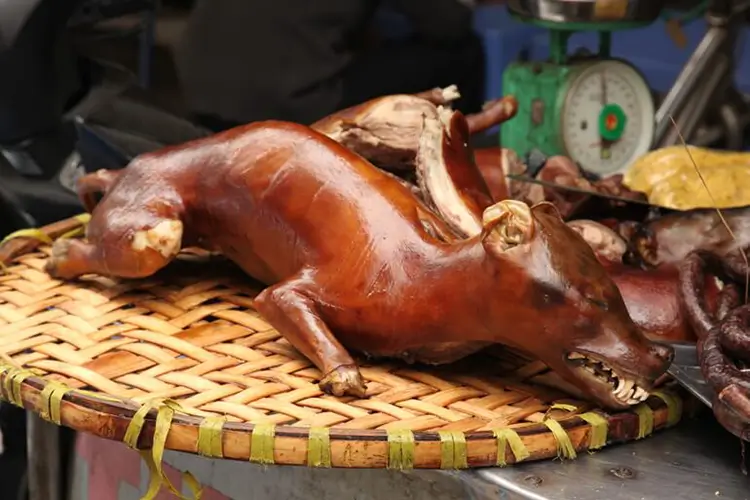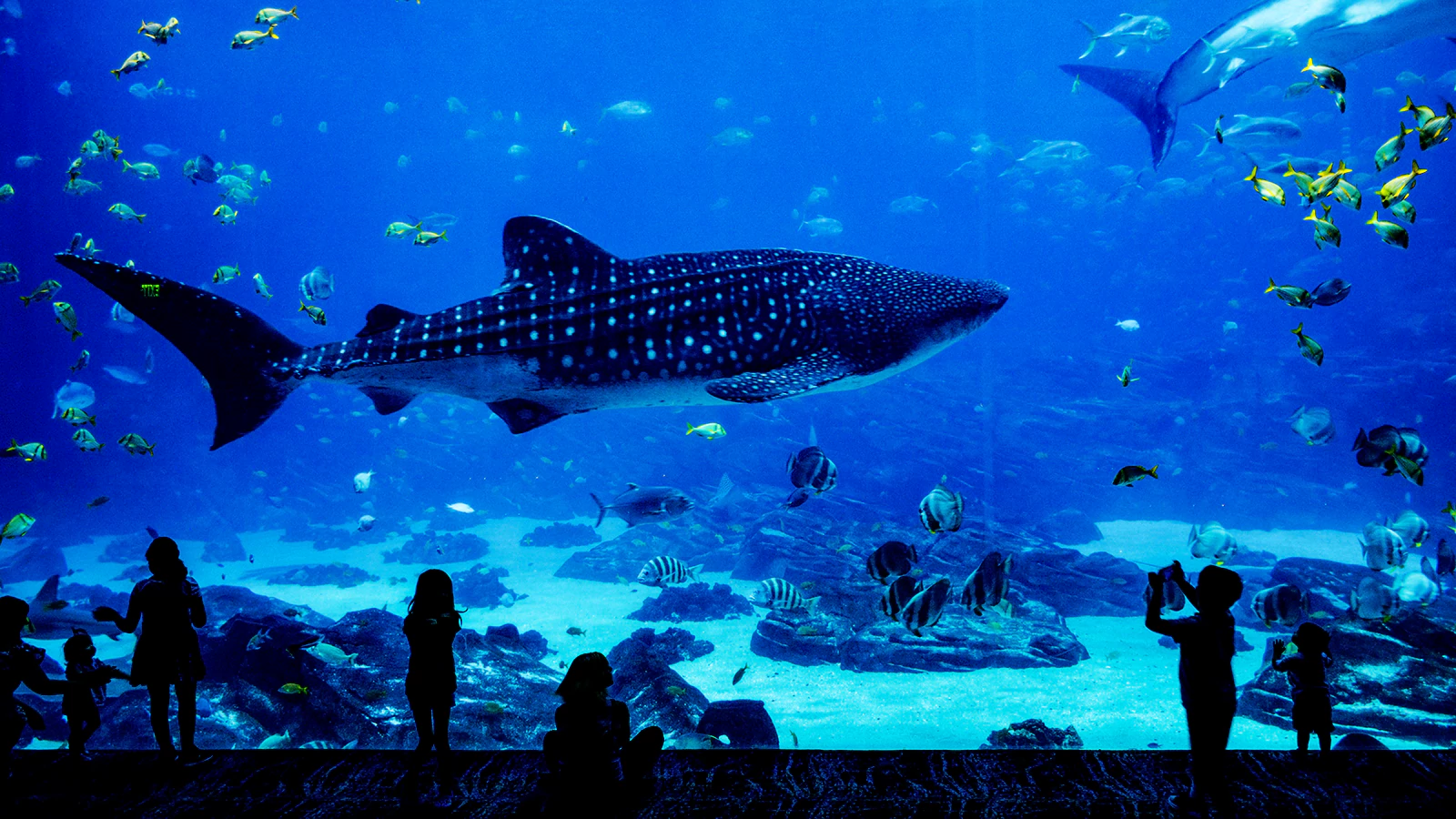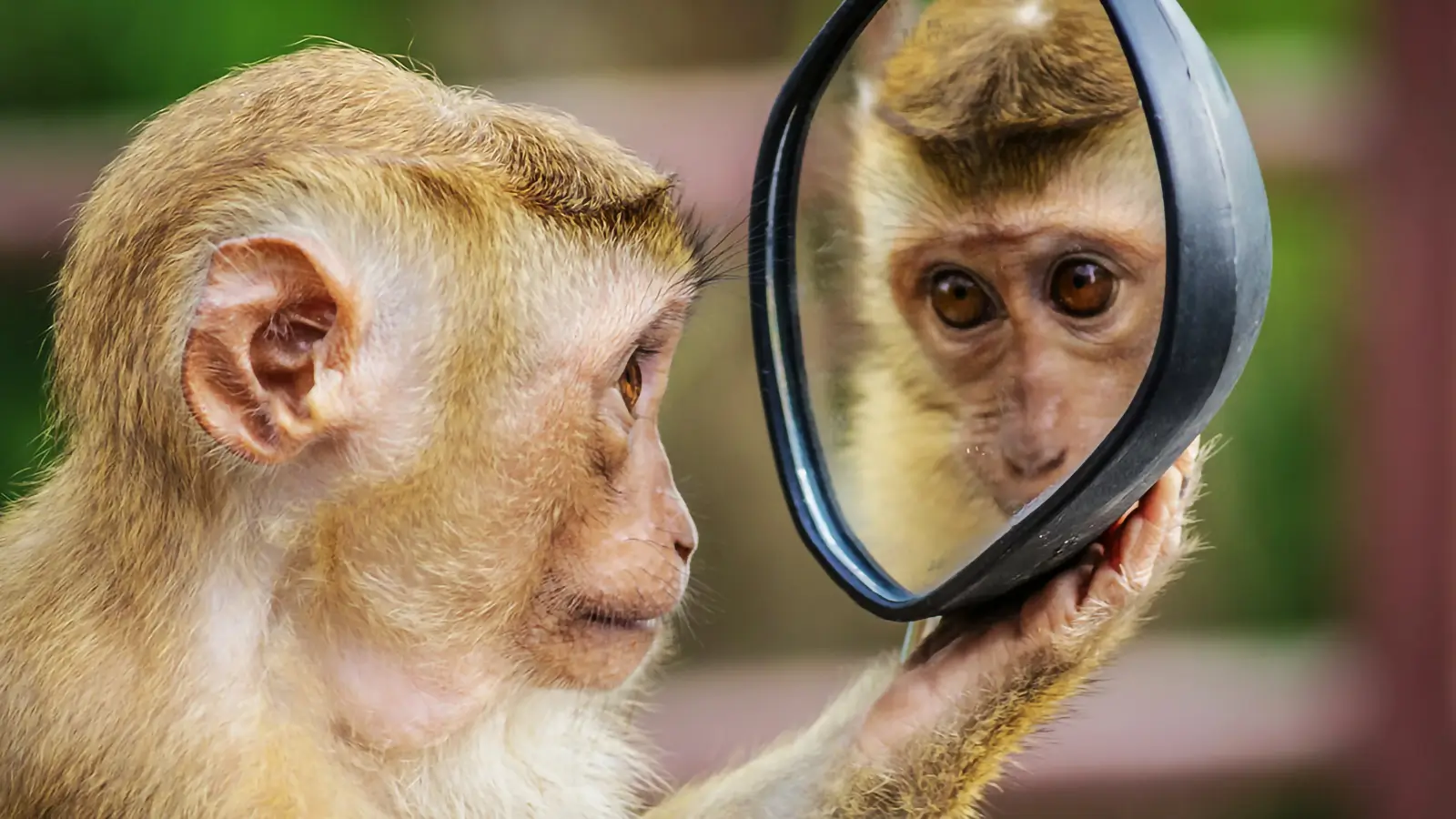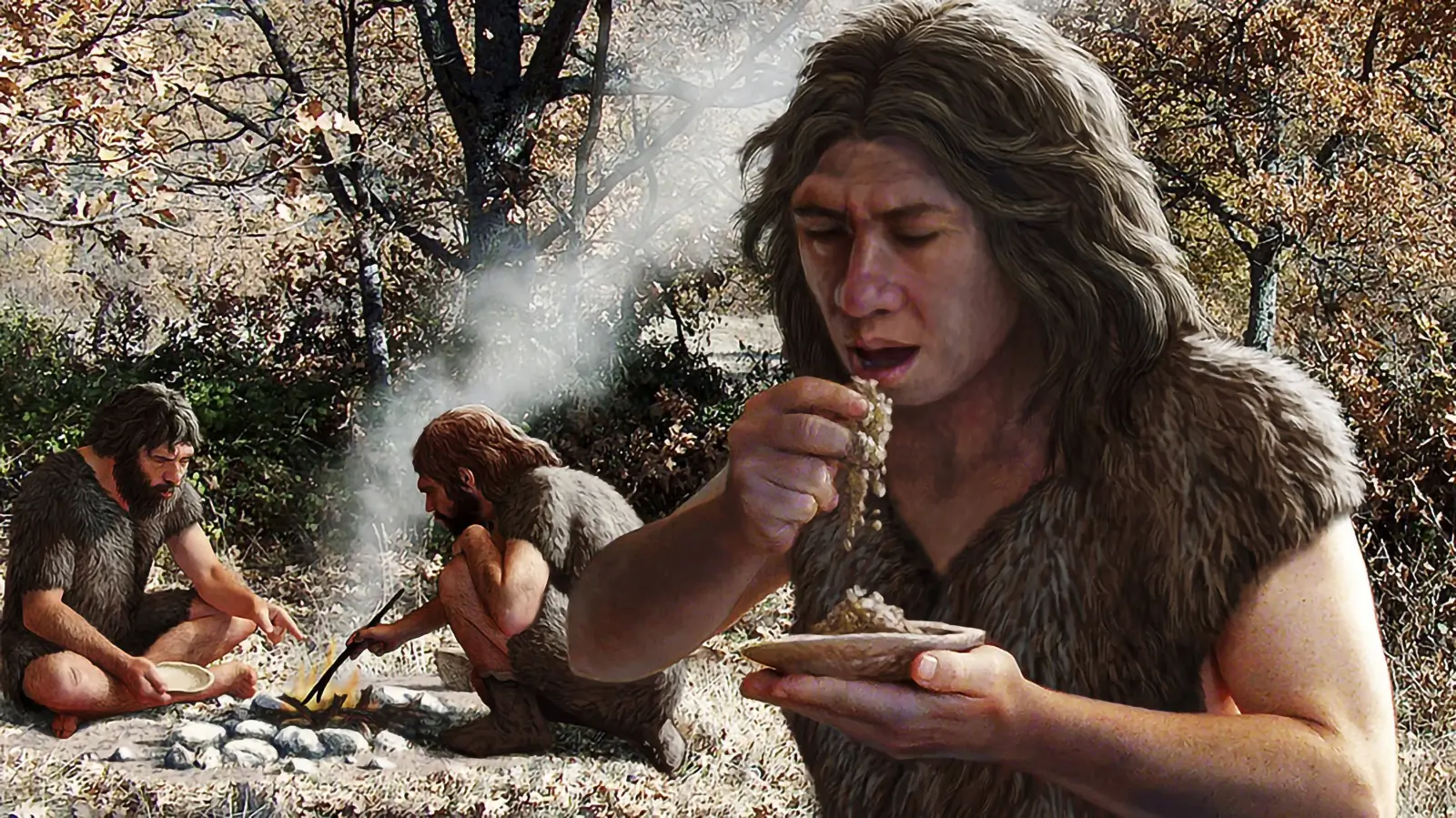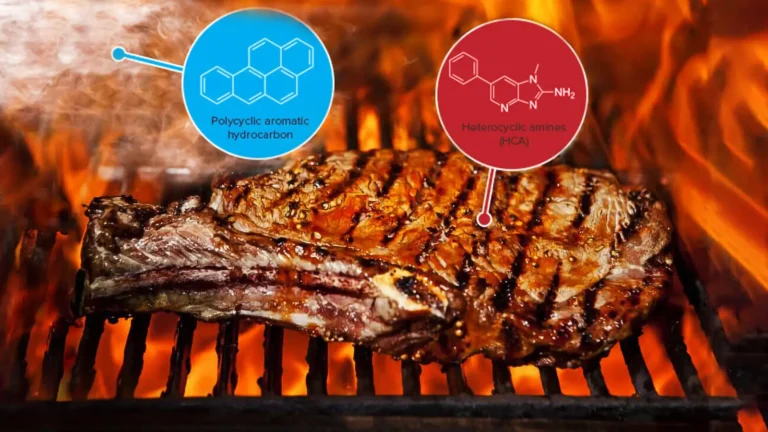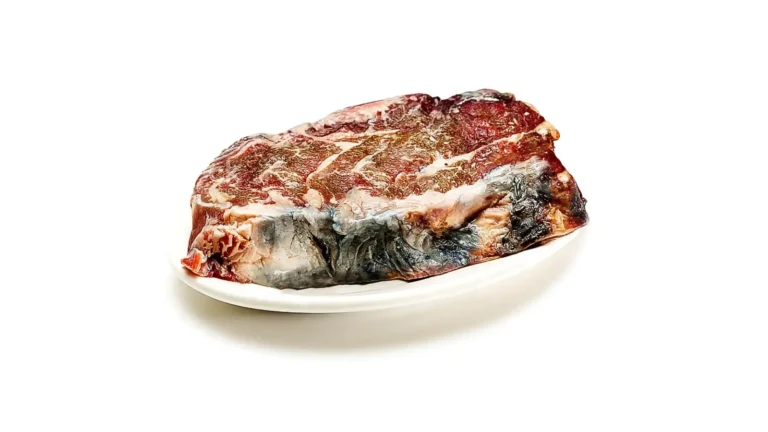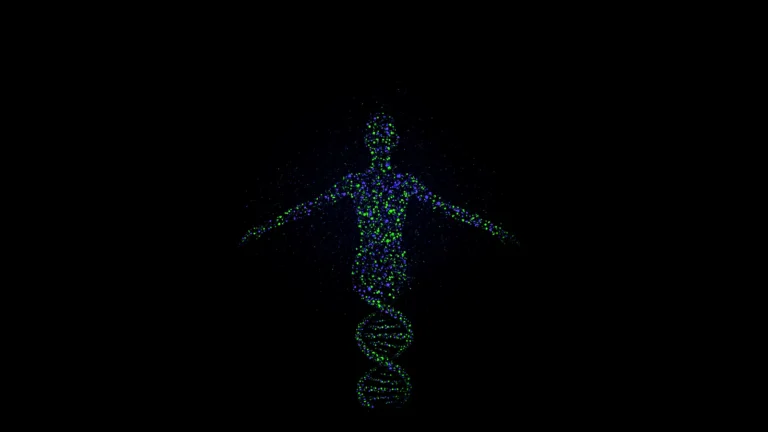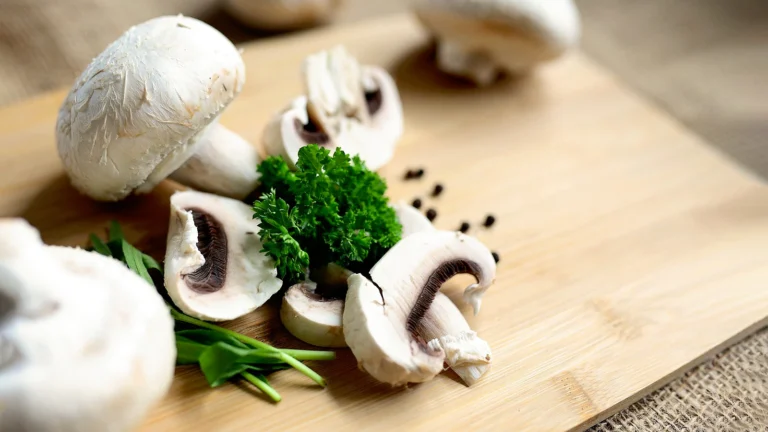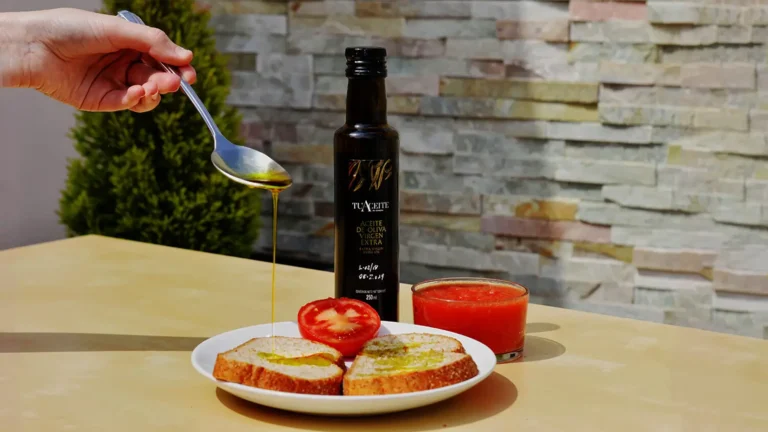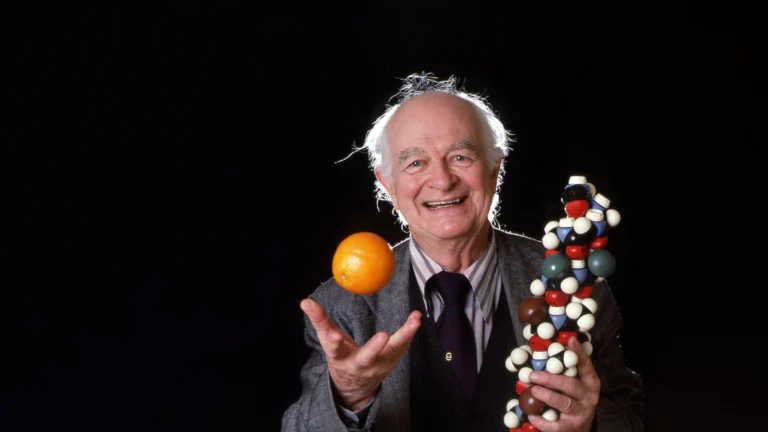Carnism - La psicología de consumo de carne
El carnivorismo o carnismo es la cultura que se aprende. Los carnívoros comerían cualquier carne sin importar lo que sea. Sólo comemos algunos animales que consideramos comida.
Milos Pokimica
Escrito por: Milos Pokimica
Revisado Médicamente Por: Dr. Xiùying Wáng, M.D.
Actualizado el 7 de mayo de 2023Carnismo es una palabra que la doctora Melanie Joy utilizó para definir el sistema de valores y las normas que definen la cultura carnívora dominante. El carnismo es la cultura que se aprende.
Los verdaderos carnívoros comerían cualquier carne sin importar lo que sea. En nuestro sistema, comeríamos sólo unos pocos animales que consideramos comida. Por ejemplo, ¿te comerías a tu perro? La inteligencia media del cerdo está al nivel de un niño de 3 años, y el cerdo es más inteligente que un perro. El cerdo es un animal muy inteligente. ¿Creemos que la carne de perro no tiene buen sabor? En China, por ejemplo, sí comen perros.
Entonces, ¿por qué no los comemos? ¿Por qué no carne humana? ¿Pensamos que la carne humana no tiene buen sabor? En palabras de Alexander Pearce, un convicto irlandés famoso por canibalizar a sus compañeros de fuga:
"La carne de hombre es deliciosa, sabe mucho mejor que el pescado o el cerdo".
Como alternativa, ¿qué tal esto?
"Era como una buena carne de ternera completamente desarrollada, no joven, pero tampoco de buey. Era definitivamente así, y no se parecía a ninguna otra carne que hubiera probado... Era carne suave, buena, sin ningún otro sabor muy definido o muy característico como tienen, por ejemplo, la cabra, la caza mayor y el cerdo."
- William Seabrook, un explorador que se comió un filete de cuadril humano en un viaje a África Occidental.
En tiempos más recientes, el presentador científico Greg Foot intentaba llegar al secreto de a qué sabe la carne humana en un experimento con BritLab para la BBC. Por desgracia, es ilegal comer nuestra propia carne. Teniendo claro que es ilegal, el objetivo final era experimentar algún parecido con el sabor. Realizaron una biopsia del músculo de la pierna de Greg y se conformaron con el aroma de su carne cocinada. El aroma de la carne puede representar hasta el 80% de nuestra sensación del gusto. Pusieron la carne humana cocinada en una máquina analizadora de aromas e hicieron la prueba del olor. En palabras de Greg, el músculo de su pierna olía a estofado de ternera. El análisis del músculo de la pierna demostró que su composición es muy similar a la del pollo y la ternera. Es aproximadamente la mitad del músculo que encontramos en la pechuga de pollo y tiene una fibra muscular similar a la que encontramos en los cortes de ternera. Al final, crearon una mezcla de carne picada de distintos animales para recrear las fibras que encontraron en la biopsia de la pierna e hicieron una falsa hamburguesa humana.
El canibalismo está ampliamente documentado en todo el mundo, desde la cuenca del Amazonas hasta el Congo, Fiyi y el pueblo maorí de Nueva Zelanda. No es una invención moderna, y en algunas culturas es normal. También existe el canibalismo ritual ceremonial. En el mundo moderno, todavía se practicaba en Papúa Nueva Guinea en 2018 en rituales ceremoniales y ceremonias de guerra en varias tribus melanesias. Se cree que los neandertales practicaban el canibalismo. Los humanos anatómicamente modernos también pueden haber comido neandertales.
En las granjas más pequeñas, el sacrificio se hace siempre con las manos desnudas y sin anestesia. Lo mismo ocurre con cualquier otro animal. Los pollitos machos no ponen huevos y no crecen lo suficientemente rápido, por lo que tras la eclosión se seleccionan y se introducen en una máquina trituradora mientras aún están vivos. A las hembras se las envía a una cuchilla caliente para quitarles parte del pico. Tras el despique, las aves son introducidas en jaulas donde van a pasar el resto de su vida confinadas en espacios minúsculos. Debido a la cría selectiva, crecen tan rápidamente que muchas sufren trastornos invalidantes en las patas y dolores crónicos en las articulaciones. En el matadero, las aves de corral son encadenadas boca abajo por las patas a unos grilletes móviles y luego arrastradas a través de una cuchilla que les corta la garganta.
La verdad es que no nos importa ni nos importaría nunca. Los humanos tenemos empatía selectiva. Podemos sentirnos mal por los perros, pero no por los cerdos.
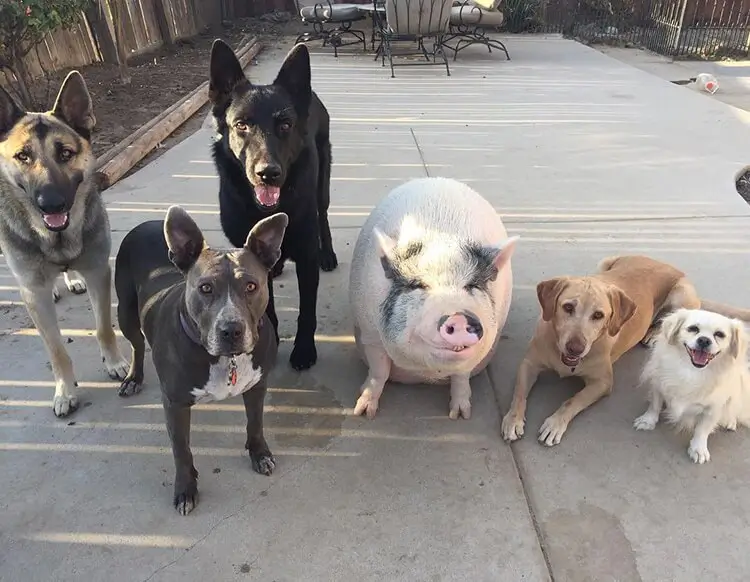
La Dra. Melanie Joy lo llama una brecha en nuestra conciencia, el bloqueo de la conciencia. Una forma de negación o mecanismo de autodefensa.
Habla de tres extremos de justificación. Comer carne es sano, normal y necesario.
Sin embargo, lo que nos parece normal no es más que la estructura social de la cultura dominante. Durante la mayor parte del tiempo de toda la existencia humana, la esclavitud era normal, natural y necesaria. Incluso en la Europa cristiana de la Edad Media, con la inquisición, la esclavitud era normal y natural. El comercio de esclavos era incluso necesario para la economía de los territorios recién adquiridos del nuevo mundo. Sólo hay "salvajes" que corren desnudos. Pues durante la mayor parte de la historia de la humanidad correr desnudo era correr de forma natural. Eso es lo que se llama conciencia selectiva.
La ropa también es un invento moderno. Lo que es natural también representa la interpretación cultural dominante de la historia. El asesinato, la violación, el infanticidio, el aborto y el sacrificio de niños fueron totalmente naturales durante la mayor parte de la historia de la humanidad.
Los patrones de conducta suelen ser los mismos y no cambian. Sólo cambia la conciencia selectiva para justificar el comportamiento.
Al final, por si acaso se te ocurre rescatar a unos cerditos, hoy en día no se trata sólo de allanar moradas y robar. En 2008, el FBI escribió: "Juntos, los ecoterroristas y los extremistas por los derechos de los animales son una de las amenazas más graves de terrorismo doméstico en EE.UU. hoy en día". Estados Unidos está tan preocupado por el extremismo de los derechos de los animales que existe una legislación específica para ellos: La Animal Enterprise Terrorism Act (AETA). Ninguna otra ley terrorista tiene como objetivo una ideología específica.
Muchas personas de la comunidad vegana creen que el trato a los animales es una cuestión de justicia social. Eso es exactamente lo que, por ejemplo, la Dra. Melanie Joy enseña en sus conferencias. El problema es que la justicia depende de nuestra percepción de las normas. Cuanto más aprendamos, más comprenderemos la naturaleza de la existencia humana. Y no hay nada malo en ello. El existencialismo es la fuerza que impulsa a todos los animales y a la evolución. La autoconservación, el interés propio pase lo que pase.
Lo que algunas personas de comunidades veganas no entienden es que la conciencia selectiva no es sólo un mecanismo de defensa. Es un instinto subconsciente evolutivo de autoconservación.
La única razón, por ejemplo, por la que no comemos perros no es porque de algún modo hayamos aprendido culturalmente a no hacerlo, sino porque nos resultaban más útiles vivos. De nuevo se trata de interés propio. Hemos utilizado a los perros para cazar a otros animales, y los hemos utilizado como una especie de sistema de alarma primitivo. Ladran cuando un oso o un lobo u otro humano o Neanderthal cruzan a nuestro territorio porque los lobos son animales territoriales y el perro, es parte de la manada humana ahora.
La tendencia que tenemos a no comer gatos no es que lo hayamos aprendido culturalmente. Se debe a que son una forma de control de plagas primitivo. Los gatos tienden a comerse a las ratas, así que nos beneficiaba más domesticarlos que comérnoslos. Con el tiempo, el comportamiento se funde con nuestra cultura y se integra en las normas sociales. La misma razón por la que no nos gustan los cerdos es que no ladran, no cazan ratas y no hacen nada. No obtenemos ningún beneficio de ellos, son "estúpidos" y nos los vamos a comer. Si intentamos ordeñarlos, tampoco será bueno porque son relativamente pequeños. El ganado, en cambio, es más grande, así que nada de leche de cerdo para nosotros.
La única razón por la que tenemos civilización es que los homínidos primitivos como el Homo erectus obtenían más beneficios cooperando que viviendo como lobos solitarios por su cuenta. Los homínidos también tenían comunidades porque beneficiaban al individuo. Incluso un macho beta tolerará al macho alfa no porque se sienta bien ser vencido sino porque es más beneficioso para él ser beta que ir como lobo solitario y morir. Todo lo que ha llevado a cabo cualquier animal, incluidos los humanos, se reduce al instinto de conservación y al existencialismo. Y luego se convirtió en parte de las normas culturales.
Referencias:
Pasajes seleccionados de un libro: Pokimica, Milos. Go Vegan? Examen de Ciencias de la Parte 1. Kindle ed., Amazon, 2018.
Contenidos Relacionados
¿Tienes alguna duda acerca de la nutrición y la salud?
Me encantaría saber de usted y responderlas en mi próxima publicación. Agradezco sus aportes y opiniones y espero tener noticias suyas pronto. También te invito a síguenos en Facebook, Instagram y Pinterest para más contenidos sobre dieta, nutrición y salud. Puedes dejar un comentario allí y conectar con otros entusiastas de la salud, compartir tus consejos y experiencias, y recibir apoyo y ánimo de nuestro equipo y nuestra comunidad.
Espero que este post le haya resultado informativo y ameno y que esté preparado para aplicar los conocimientos adquiridos. Si le ha resultado útil, por favor compártelo con tus amigos y familiares que también podrían beneficiarse de ella. Nunca se sabe quién puede necesitar orientación y apoyo en su camino hacia la salud.
– También Te Puede Interesar –

Aprenda Sobre Nutricion
Milos Pokimica es doctor en medicina natural, nutricionista clínico, escritor sobre salud médica y nutrición y asesor en ciencias de la nutrición. Autor de la serie de libros Go Vegan? Revisión de la Ciencia, también dirige el sitio web sobre salud natural GoVeganWay.com.
Descargo De Responsabilidad Médica
GoVeganWay.com le ofrece reseñas de las últimas investigaciones relacionadas con la nutrición y la salud. La información proporcionada representa la opinión personal del autor y no pretende ni implica sustituir el asesoramiento, diagnóstico o tratamiento médico profesional. La información proporcionada tiene fines informativos únicamente y no pretende sustituir la consulta, el diagnóstico y/o el tratamiento médico de un médico o proveedor de atención médica calificado.NUNCA ignore el CONSEJO MÉDICO PROFESIONAL O RETRASAR la BÚSQUEDA de TRATAMIENTO MÉDICO a CAUSA DE ALGO QUE HAYA LEÍDO EN O accesibles a TRAVÉS de GoVeganWay.com
NUNCA APLICAR CUALQUIER cambio de ESTILO de vida O CAMBIOS EN su totalidad COMO UNA CONSECUENCIA DE ALGO QUE HA LEÍDO EN GoVeganWay.com ANTES de CONSULTAR con LICENCIA PROFESIONAL MÉDICO.
En el caso de una emergencia médica, llame a un médico o al 911 inmediatamente. GoVeganWay.com no se recomienda ni aprueba ninguna de los grupos, las organizaciones, las pruebas, los médicos, productos, procedimientos, opiniones u otra información que pueda ser mencionado en el interior.
Selecciones del editor –
Milos Pokimica es escritor especializado en salud y nutrición y asesor en ciencias nutricionales. Autor de la serie de libros Go Vegan? Revisión de la Ciencia, también dirige el sitio web sobre salud natural GoVeganWay.com.
Últimos artículos -
Top Noticias De Salud — ScienceDaily
- The overlooked nutrition risk of Ozempic and Wegovyen febrero 4, 2026
Popular weight-loss drugs like Ozempic and Wegovy can dramatically curb appetite, but experts warn many users are flying blind when it comes to nutrition. New research suggests people taking these medications may not be getting enough guidance on protein, vitamins, and overall diet quality, increasing the risk of muscle loss and nutrient deficiencies.
- A 25-year study found an unexpected link between cheese and dementiaen febrero 4, 2026
A massive Swedish study tracking nearly 28,000 people for 25 years found an unexpected link between full-fat dairy and brain health. Among adults without a genetic risk for Alzheimer’s, eating more full-fat cheese was associated with a noticeably lower risk of developing the disease, while higher cream intake was tied to reduced dementia risk overall. The findings challenge decades of low-fat dietary advice but come with important caveats.
- MIT’s new brain tool could finally explain consciousnessen febrero 4, 2026
Scientists still don’t know how the brain turns physical activity into thoughts, feelings, and awareness—but a powerful new tool may help crack the mystery. Researchers at MIT are exploring transcranial focused ultrasound, a noninvasive technology that can precisely stimulate deep regions of the brain that were previously off-limits. In a new “roadmap” paper, they explain how this method could finally let scientists test cause-and-effect in consciousness research, not just observe […]
- Why heart disease risk in type 2 diabetes looks different for men and womenen febrero 4, 2026
Scientists are digging into why heart disease risk in type 2 diabetes differs between men and women—and sex hormones may be part of the story. In a large Johns Hopkins study, men with higher testosterone had lower heart disease risk, while rising estradiol levels were linked to higher risk. These hormone effects were not seen in women. The results point toward more personalized approaches to heart disease prevention in diabetes.
- Sound machines might be making your sleep worseen febrero 4, 2026
Sound machines may not be the sleep saviors many believe. Researchers found that pink noise significantly reduced REM sleep, while simple earplugs did a better job protecting deep, restorative sleep from traffic noise. When pink noise was combined with outside noise, sleep quality dropped even further. The results suggest that popular “sleep sounds” could be doing more harm than good—particularly for kids.
- This unexpected plant discovery could change how drugs are madeen febrero 3, 2026
Plants make chemical weapons to protect themselves, and many of these compounds have become vital to human medicine. Researchers found that one powerful plant chemical is produced using a gene that looks surprisingly bacterial. This suggests plants reuse microbial tools to invent new chemistry. The insight could help scientists discover new drugs and produce them more sustainably.
- A hidden cellular process may drive aging and diseaseen febrero 3, 2026
As we age, our cells don’t just wear down—they reorganize. Researchers found that cells actively remodel a key structure called the endoplasmic reticulum, reducing protein-producing regions while preserving fat-related ones. This process, driven by ER-phagy, is tied to lifespan and healthy aging. Because these changes happen early, they could help trigger later disease—or offer a chance to stop it.
PubMed, #Dieta vegana –
- Diet type and the oral microbiomeen febrero 2, 2026
CONCLUSION: The diet-oral microbiome-systemic inflammation axis is bidirectional and clinically relevant. Understanding both direct ecological regulation and indirect metabolic effects is essential to support precision nutrition strategies aimed at maintaining oral microbial balance and systemic inflammatory risk mitigation.
- Consensus document on healthy lifestylesen enero 22, 2026
Proteins are a group of macronutrients that are vital to our lives, as they perform various functions, including structural, defensive and catalytic. An intake of 1.0-1.2 g/kg/body weight per day would be sufficient to meet our needs. Carbohydrate requirements constitute 50 % of the total caloric value and should be obtained mainly in the form of complex carbohydrates. In addition, a daily intake of both soluble and insoluble fiber is necessary. Regular consumption of extra virgin olive oil […]
- Vitamin B12 and D status in long-term vegetarians: Impact of diet duration and subtypes in Beijing, Chinaen enero 21, 2026
CONCLUSIONS: This study reveals a dual challenge among Beijing long-term vegetarians: vitamin B12 deficiency was strongly associated with the degree of exclusion of animal products from the diet (veganism), while vitamin D deficiency was highly prevalent and worsened with longer diet duration. The near-universal vitamin D deficiency observed in this study suggests that, in the Beijing context, the risk may extend beyond dietary choice, potentially reflecting regional environmental factors;…
- Nutritional evaluation of duty meals provided to riot police forces in Germanyen enero 13, 2026
Background: The primary role of the German riot police is maintaining internal security. Due to challenging working conditions, riot police forces face an elevated risk of various diseases. During duty, forces are provided with meals. A balanced diet can reduce the risk of some of these diseases and contribute to health-promoting working conditions. Aim: First evaluation of the nutritional quality of duty meals in Germany based on German Nutrition Society recommendations (DGE). Methods: In…
- Iodineen enero 1, 2006
Iodine is an essential trace nutrient for all infants that is a normal component of breastmilk. Infant requirements are estimated to be 15 mcg/kg daily in full-term infants and 30 mcg/kg daily in preterm infants.[1] Breastmilk iodine concentration correlates well with maternal urinary iodine concentration and may be a useful index of iodine sufficiency in infants under 2 years of age, but there is no clear agreement on a value that indicates iodine sufficiency, and may not correlate with […]
Publicaciones aleatorias –
Publicaciones destacadas -
La última versión desde PubMed, #Dieta basada en plantas –
- From paddy soil to dining table: biological biofortification of rice with zincpor Lei Huang en febrero 4, 2026
One-third of paddy soils are globally deficient in zinc (Zn) and 40% of Zn loss in the procession from brown rice to polished rice, which results in the global issue of hidden hunger, e.g., the micronutrient deficiencies in the rice-based population of developing countries. In the recent decades, biofortification of cereal food crops with Zn has emerged as a promising solution. Herein, we comprehensively reviewed the entire process of Zn in paddy soil to human diet, including the regulatory…
- Molecular Characterization of Tobacco Necrosis Virus A Variants Identified in Sugarbeet Rootspor Alyssa Flobinus en febrero 3, 2026
Sugarbeet provides an important source of sucrose; a stable, environmentally safe, and low-cost staple in the human diet. Viral diseases arising in sugarbeet ultimately impact sugar content, which translates to financial losses for growers. To manage diseases and prevent such losses from occurring, it is essential to characterize viruses responsible for disease. Recently, our laboratory identified a tobacco necrosis virus A variant named Beta vulgaris alphanecrovirus 1 (BvANV-1) in sugarbeet…
- Nutrition in early life interacts with genetic risk to influence preadult behaviour in the Raine Studypor Lars Meinertz Byg en febrero 3, 2026
CONCLUSIONS: Nutrition in early life and psychiatric genetic risk may interact to determine lasting child behaviour. Contrary to our hypothesis, we find dietary benefits in individuals with lower ADHD PGS, necessitating replication. We also highlight the possibility of including genetics in early nutrition intervention trials for causal inference.
- Effect of the gut microbiota on insect reproduction: mechanisms and biotechnological prospectspor Dilawar Abbas en febrero 2, 2026
The insect gut microbiota functions as a multifunctional symbiotic system that plays a central role in host reproduction. Through the production of bioactive metabolites, gut microbes interact with host hormonal pathways, immune signaling, and molecular regulatory networks, thereby shaping reproductive physiology and fitness. This review summarizes recent advances in understanding how gut microbiota regulate insect reproduction. Accumulating evidence demonstrates that microbial metabolites…
- Rationale and design of a parallel randomised trial of a plant-based intensive lifestyle intervention for diabetes remission: The REmission of diabetes using a PlAnt-based weight loss InteRvention…por Brighid McKay en febrero 2, 2026
CONCLUSIONS: This trial will provide high-quality clinical evidence on the use of plant-based ILIs to address the epidemics of obesity and diabetes to inform public health policies and programs in Canada and beyond.
- Diet type and the oral microbiomepor Daniel Betancur en febrero 2, 2026
CONCLUSION: The diet-oral microbiome-systemic inflammation axis is bidirectional and clinically relevant. Understanding both direct ecological regulation and indirect metabolic effects is essential to support precision nutrition strategies aimed at maintaining oral microbial balance and systemic inflammatory risk mitigation.
